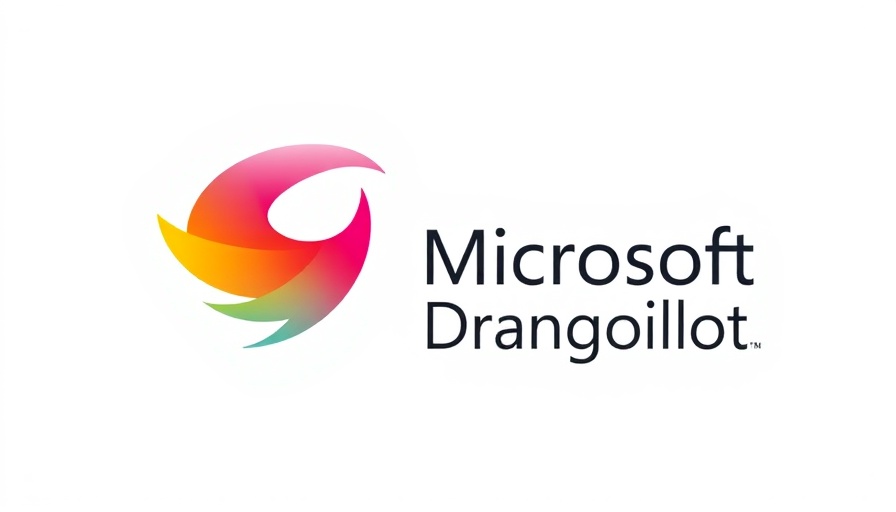
Transforming Healthcare: Microsoft Dragon Copilot’s Role in Reducing Clinician Burnout
In an age where clinician burnout is alarmingly high, Microsoft has introduced Dragon Copilot, an AI-powered tool designed to alleviate the administrative burden on healthcare providers. Recent statistics highlight that nearly 98% of healthcare professionals report experiencing burnout, worsened by lengthy administrative tasks often associated with clinical documentation. Dragon Copilot aims to tackle these issues head-on, enabling clinicians to focus more on patient care while reducing the time spent on documentation.
Deconstructing the Statistics: Why 70% Report Reduced Burnout
A recent survey revealed that 70% of clinicians using Dragon Copilot noted a significant decrease in burnout levels. By streamlining workflows through advanced voice dictation, ambient listening, and generative AI, this tool not only enhances efficiency but also positively impacts clinician well-being. Additionally, 62% of those surveyed indicated they were less likely to leave their jobs, showcasing the tool’s potential in retaining valuable healthcare professionals.
The Financial Impact: More Patients, Less Stress
Clinicians report saving an average of five minutes per patient encounter. This time savings translates into more patients seen, increasing the potential for revenue without extending work hours. For instance, healthcare providers using similar AI tools have documented a significant uptick in patient throughput—up to 13 additional appointments per month—leading to a more financially stable practice.
Combating Burnout: The Role of AI in Enhancing Work-Life Balance
According to experts, automated clinical documentation solutions like Dragon Copilot play a pivotal role in combatting physician burnout. Increased downtime, boosted by AI's ability to automate mundane tasks, allows clinicians to maintain their focus on patient engagement, enhancing both their work-life balance and job satisfaction. Research suggests that fostering a closer connection with patients improves the quality of care, with 93% of patients rating more personable interactions with doctors using AI tools.
Future Trends and Innovations in Healthcare AI
As we look to the future, the integration of AI tools in healthcare is expected to progress further. Innovations like Dragon Copilot are not only simplifying documentation but also paving the way for smarter healthcare ecosystems. Upcoming trends include the utilization of large language models for more efficient note-taking and the continuous adaptation of AI systems for personalized documentation solutions.
Facing Challenges: Ethical Considerations and the Path Ahead
While the technological landscape in healthcare continues to evolve, ethical considerations surrounding patient privacy and data security are paramount. Microsoft’s commitment to trust and robust data protection is crucial as more healthcare organizations adopt AI solutions. The foundation of security, coupled with AI efficiency, will help instill confidence among clinicians and patients alike.
Conclusion: Moving Toward a Tech-Forward Healthcare System
With the launch of Dragon Copilot, Microsoft is reaffirming its commitment to transforming healthcare through technology. As automated clinical documentation becomes increasingly prevalent, embracing tools that free healthcare providers from administrative burdens is essential. For those involved in healthcare management and innovation, keeping abreast of these advancements is vital for creating resilient systems that prioritize both clinician satisfaction and exemplary patient experiences.
 Add Row
Add Row  Add
Add 




 Add Row
Add Row  Add
Add 

Write A Comment